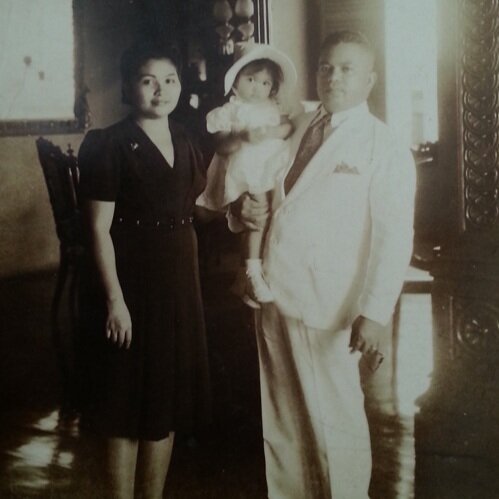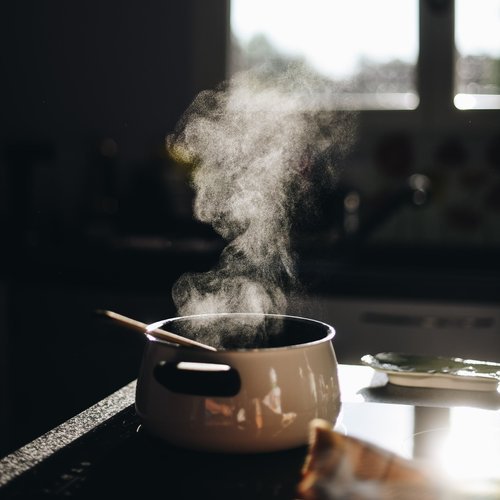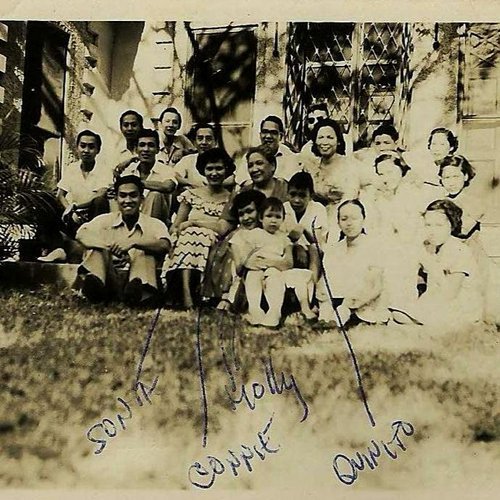Notes from 49 Valley Road
Written by Selena Salang
When the Japanese forces established their claim on the Philippines, they carted off the Americans, Britons, and other Caucasian nationalities to a concentration camp at the University of Santo Tomas.
Our patriarch, Eusebio Morales, managed to keep his British wife, Frances, at his side by negotiating with the Japanese soldiers. He offered to chlorinate the water plant in Balara, Quezon City, in exchange for house arrest for Frances. Eusebio moved his family to live in Balara for the duration of this project, but returned to Pandacan, Manila—where the family lived—when it was finished.
It’s interesting to note that the Japanese military agreed for him to chlorinate the water supply—a basic need for all even in wartime. Diseases such as dysentery and cholera were rampant in Asia at the time because there was no clean drinking water, so my great grandfather’s offer was a significant deal, even if the process was simple and could cheaply be implemented. With his education and privileged upbringing, Eusebio was fortunate in ways so many other Filipinos were not at the time.
My mother’s family is and always has been a bookish lot, composed of academics, artists, and casual intellectuals. Eusebio is my mother’s maternal grandfather, my great grandfather.
Eusebio's family hailed from Moncada, Tarlac, a town that their father, Urbano Morales, helped establish with his wife, Carmen Lopez from Ilocos Sur, with their rice business. Eusebio and his brothers, Luis and Fidel, were all sent by their parents to study in England. Luis and Fidel became a politician and doctor, respectively.
Eusebio became an engineer and upon his return to the Philippines, he brought with him his wife Frances Dougherty Allden. It has been told that Frances was paraded around Moncada upon her arrival because the locals thought she “looked like the Virgin Mary,” which was probably in reference to the whiteness of her skin rather than a resemblance of features.




